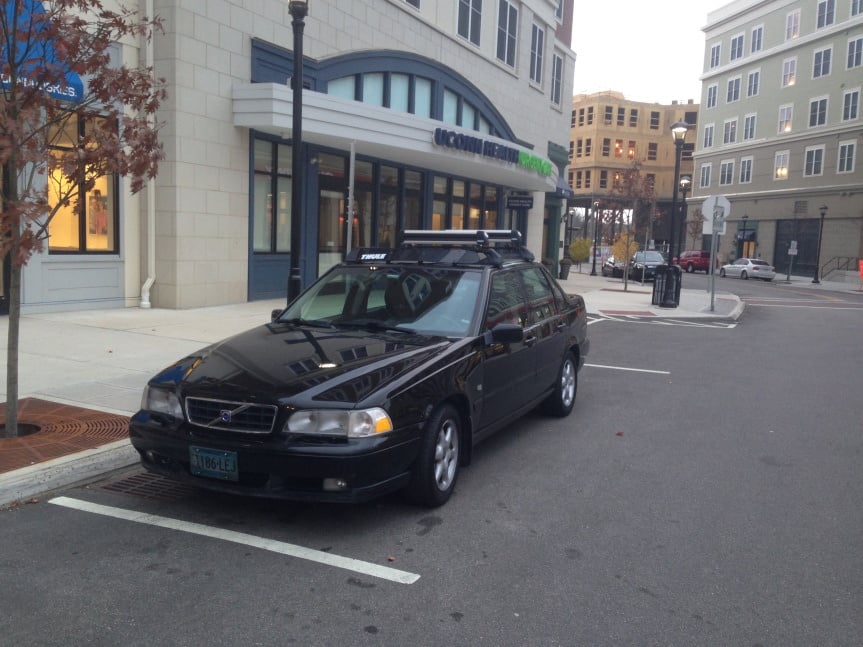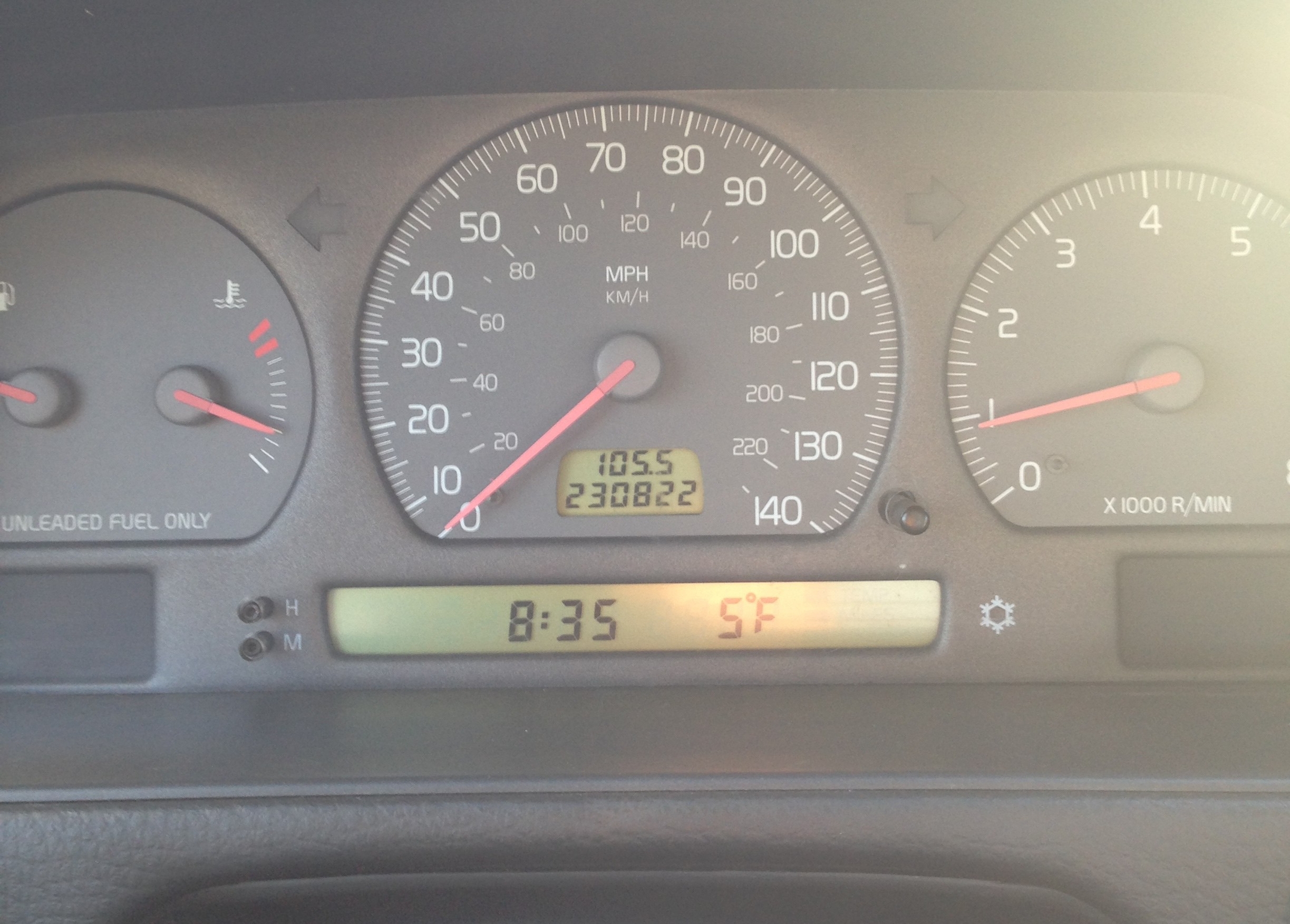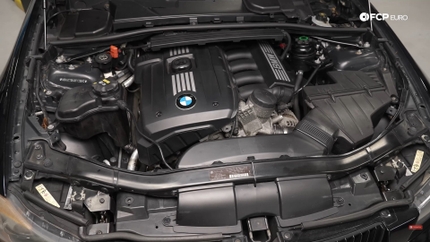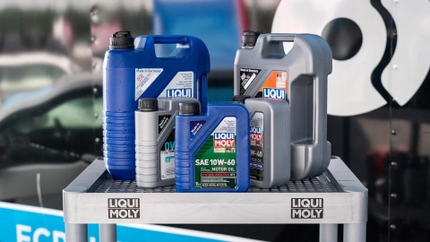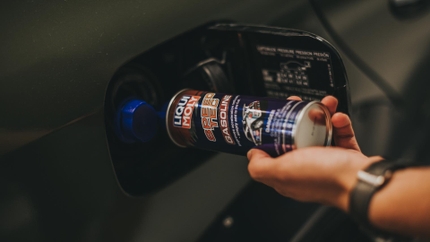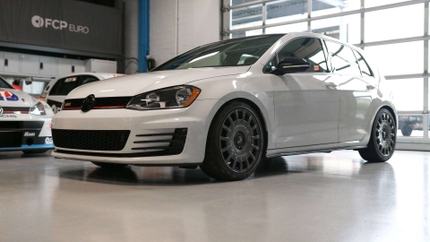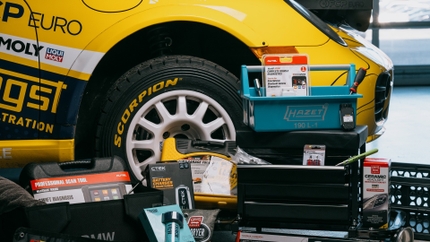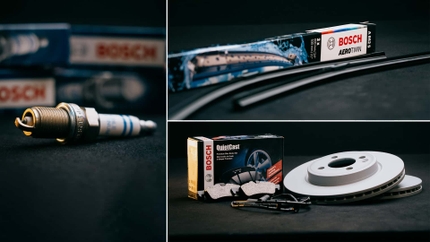Everyone's definition of a high-mileage car probably differs. To a BMW owner, what's considered high-mileage could be a hundred-thousand miles, a Porsche owner, maybe that's sixty-thousand miles, and a Volvo owner, that could be two hundred-thousand plus. But should these "high-mileage" numbers deter you from making the purchase of your dreams?
I remember shortly after I purchased my 1998 Volvo S70 around 2014, everyone asked me the age old questions about it including: "How many miles do you have on it?" Without hesitation, I would tell them that "it has 208,000 on it." It always seems that at that point everyone had to put in their two cents about buying a car with high-mileage and some horror stories about their last car with high miles. My S70...now with 233,000 miles on it, has been a wonderful daily driver and even road-tripper too. However, I will humbly admit that there are certain instances when purchasing a vehicle with higher mileage may not be in one's best interest.
My 1998 Volvo S70
Calculating average mileage per year
According to the Federal Highway Administration, the average car owner drives nearly 15,000 miles per year. To figure out the average mileage a car should have, there's an equation for that.
[Age of car in years] * 15000
Based on that equation, a car with 200,000-miles is about 13 years old and a car with 300,000-miles is about 20 years old. Taking this into consideration should help you understand that if the owner drove the average annual mileage then, if the car was maintained as it should, it reaching 200,000-300,000-miles is certainly possible. After all a car is meant to be driven!
Does that model of car have a track record of reaching a high-mileage?
Is it common to hear stories of the model car your're looking for having insanely high-mileage? Or is it the opposite, where you hear that those cars only last a limited amount of miles? Volvo's "white block" cars are known for their reliability even with high-mileage. That's why I did not hesitate looking at one with 200k on it. They have a proven record amongst owners for reliability. It's usually more than luck that brings the car into the 200k+ mileage range, and in the case of the P80 Volvos, I think it's due to great engineering. The same can be said for many other vehicles as well. Forums are a great place to read about owner's experiences with the vehicle you're considering with higher miles.
Every part on the car doesn't have high-mileage
Its important to understand that vehicles are made up of many different "wear & tear" items. Meaning, there are components on your vehicle which must be replaced at certain intervals throughout the life of your car. Wear items include things like tires, brakes, clutch, drive belts and windshield wipers. Chances are, these wear items have been replaced a few times in this high-mileage car's life, or are at the point where they are ready for replacement.
Wear items are things that would need to be taken care of on any car that you buy regardless of its age and mileage so you shouldn't dismiss a high-mileage car just because its going to need a set of spark plugs or brake pads/rotors. In many cases, more costly services such as a timing belt replacement may have been done more recently on a car with higher miles. My S70 had its timing belt done at 180k miles which meant it was something I didn't have to worry about for another 50,000-miles or so. On the contrary, another S70 I looked at had 140k on it and the timing belt had last been done at 75,000-miles meaning it was a costly service I was looking to do very soon had I purchased that model. Be sure to ask the owner about the last time things such as brakes and tires were replaced, and be sure to do visual inspections on these items. With suspension components, take the car for a drive and put it through its paces over a few bumps. Listen for any odd noises/rattles and excessive play in the steering.
The transmission is often neglected
Of course, there are some parts on a car which haven't been replaced and bear the odometers tag. The transmission is notoriously something which worries people, especially automatics. The transmission is a serviceable item. It theoretically can last the life of the car (and some!). Serviceable items most often require fluid changes and the transmission is often neglected. I'll admit that I took a bit of a gamble with my S70 as its an automatic and the transmission fluid, upon inspection, looked like it had never been changed. However, when I drove it, it shifted great and the 4-Speed Aisin AW50-42 is known to be the more reliable of the automatics in the Volvo P80s. I have since done four "drain & fill" transmission fluid changes on it without issues.
Consistency of ownership and maintenance
Ideally, if I was purchasing a high-mileage car, I would like it to have one to two owners who can provide service documentation for the car since the day it was purchased. Consistency in a car's ownership means that the car has usually received the same: quality and grade of fuel, type of oil used, dealership for service, and washings/cleanings. Of course, upon you purchasing the car, you may decide to change all of this, but at least if there's an issue after doing so you knew what the base was beforehand.
While this is sometimes far from the reality, it's always an idea to ask the current owner what they have done and if they know a thing or two about the owner before them (if applicable). Though my S70 has had four owners including me now, I know the previous owner had it for six years and purchased it from a highly regarded Volvo specialty place in my area.
Bottom line about buying a high-mileage car
Think about the primary use of the vehicle that you're considering. If its going to be a gas-saving $1000 beater that you just want to go to work in some days while you keep your precocious low-mileage S60R in the garage, then I wouldn't at all be concerned about the mileage. Should something significant go wrong, chances are you'll be close to home and you have another vehicle to spare.
Also, if it's a well looked after vehicle owned by that older couple down the street that had it dealer serviced since new that you would like as a daily driver and a few longer trips, go for it!
A lot of this advice can be applied to used car purchases in general, but must certainly be stressed when looking at a car with higher miles. Chances are a bad PCV system at 50k may not have had enough time to cause other issues such as a blown RMS or head gasket as if it was left unchecked until 200k.
For me owning a car with high-mileage provides a sense of pride! The faces of disbelief when people look at my odometer and realize my car is in better condition than theirs with half the miles is priceless.
If you have questions about owning high-mileage cars, or how to maintain a specific car properly to make it last up into the six-figure range, leave the in the comments section below.

